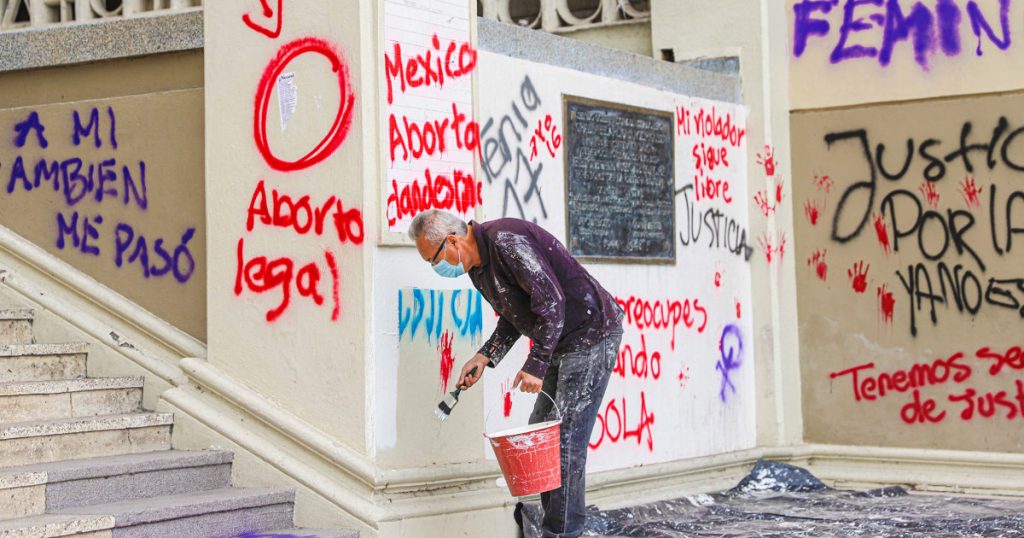The impact of abortion restrictions in the United States is disproportionately felt by marginalized communities, including undocumented individuals, those in rural areas with limited resources, immigrants facing language barriers, low-income individuals, and those dealing with intersecting issues. Many American women are crossing the border to Mexico to access the abortive drug misoprostol, which is available over-the-counter to treat stomach ulcers. In Sonora, activists have created networks to help women access misoprostol despite restrictive abortion laws. However, misinformation and price gouging by pharmacies in states with stringent abortion restrictions have been reported, leading to women being exploited and put at risk.
Activists in Mexican border states have been receiving an increasing number of requests for care from American women, particularly after Texas implemented a six-week abortion ban in 2021. While only one state along the Texas border, Coahuila, allows abortion in the first trimester, activists in states like Nuevo León have been helping women access abortion medications like misoprostol and mifepristone. Due to restrictive laws in Nuevo León, where abortion is only allowed in cases of rape or when the person’s life is in danger, activists provide guidance and support to those seeking abortion care, including American women who cannot afford to travel to states where abortion is legal.
Vanessa Jiménez, an activist in Nuevo León, estimates that her organization helps over 1,000 women per month, with approximately 30% of those seeking assistance being from the United States. Jiménez and her team provide medication free of charge and follow the guidelines established by organizations like the World Health Organization. Additionally, Jiménez runs a project called La Abortería, where she helps women who do not have a safe space to have a medical abortion. In Arizona, where abortion bans are impending, women may seek care in neighboring states before resorting to options in Mexico.
Cross-border collaboration has become crucial for women seeking abortion care in areas with restrictive laws. Activists in Mexico have been supporting American women who cross the border for abortion services, filling a gap in care caused by restrictive laws in both countries. The potential impact of Arizona’s impending ban on abortion remains uncertain, but organizers are working to gain support for a constitutional amendment that would establish a “fundamental right” to abortion in the state until fetal viability. The amendment has gained momentum and support following recent events, with advocates emphasizing the importance of personal freedoms and the ability to make decisions that are right for individuals and their families. Through activism and advocacy efforts, individuals are working to ensure that access to safe and legal abortion care remains available for all who need it.


